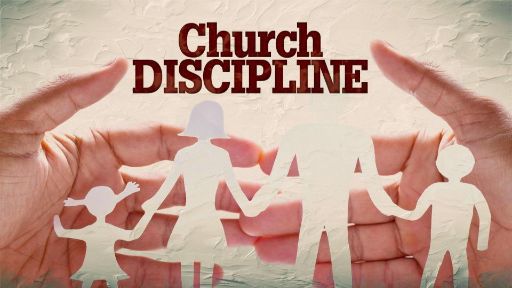-
Honoring Our Spiritual Leaders Series
Contributed by Timothy Peck on Nov 28, 2017 (message contributor)
Summary: Four ways to honor our spiritual leaders.
When I was writing my dissertation last year and earlier this year I had to read over 100 different books and articles about leadership. One of the authors I encountered again and again was Dr. Warren Bennis, who teaches at leadership USC. One of the more interesting books by Dr. Bennis is called Why Leaders Can’t Lead. In that book, Dr. Bennis claims that there’s an unconscious conspiracy against genuine leadership in our culture today that inadvertently undermines genuine leadership. This conspiracy is one reason why, according to Bennis, American society is producing so few genuine, authentic leaders.
I’m not much for conspiracy theories, but certainly there’s a leadership crisis today. This crisis in leadership is also evident in the Christian church.
Many futurists are predicting a major clergy crisis in the next several years which will force most smaller churches with less than 100 people to either close their doors or share a pastor with one or more other small churches. Many pastors and church leaders complain about frustration in the area of leadership.
Churches can be very resistant to leadership, especially when leadership means changing. In fact, I’d say this is probably the biggest frustration I hear about when I’m around other pastors.
Yet it’s vitally important for the future of the Christian faith in our generation that church leadership be strong and healthy. When you think about it, it’s even more important for Church leadership to function properly than leadership in our public schools, our city governments, our military, even our federal government. That’s because, according to the Bible, the Christian Church is God’s primary tool for working out his purposes in the world. If God’s primary tool for accomplishing his purpose isn’t working properly, then God’s purpose is being frustrated. If God’s purpose in the world is being frustrated, that effects all levels of society, not just the Church.
Today we’re going to talk about honoring our spiritual leaders in the Christian community. Now let me give you a disclaimer today: I feel very uncomfortable addressing this topic with you. A pastor who speaks to his congregation about honoring church leaders seems about as tacky as congress voting themselves a raise. Talking about this subject feels a bit like how I feel when I watch the academy awards, with the entire entertainment industry congratulating themselves. This is a topic I’d be much more comfortable avoiding or perhaps invite a guest speaker to address.
But when God called me to communicate the Bible, he didn’t just ask me to speak to topics I’m comfortable with, but he called me to speak to every topic the Bible addresses. And whether I’m comfortable with it or not, the Bible addresses the issue of honoring our spiritual leaders. But please check up on everything I say today against the biblical text, just in case my ego gets in the way and distorts my words in some way.
Now we’ve been in a series through the New Testament books of 1 and 2 Timothy we’ve called Deepening Your Life With God. In this series we’ve seen that a deepened life with God is a direct result of accurate beliefs, spiritual practices, and authentic community with other Christians. Authentic community takes place in the context of the Christian Church, and leadership is essential for authentic community in the Church to occur. Without effective leadership we won’t experience the kind of authentic Christian community we need to deepen our lives with God. Today we’re going to see four ways to honor our spiritual leaders from 1 Timothy 5:17-25.
1. FINANCIAL SUPPORT (1 Timothy 5:17-18)
Let’s look at vv. 17 and 18 together. What connects this section to the previous 16 verses in chapter 5 is the idea of "honor." We saw last week that the key to closing the generation gap was mutual respect or honor between older people and younger people. Here Paul continues talking about honor as it relates to our spiritual leaders.
Paul focuses his attention here on church elders. Elders were the primary church leaders in the first century Christian church. Each local church had a group of elders who guided that congregation forward in spiritual growth and ministry. These elders taught people the Bible, empowered church members to serve, helped the congregation stay focused on God’s plan, and protected the congregation against doctrinal error and false teaching.
To become an elder, a person had to meet certain standards. We looked at some of those standards back in 1 Timothy chapter 3, and we saw that most of the biblical standards focus on character rather than abilities. Leadership skills are important to eldership, but not nearly as important as integrity. And no amount of leadership ability can compensate for a lack of integrity.
Here we learn that there were different kinds of elders in the New Testament church. There were some elders who were volunteer, or what we call "lay elders" here at LBF Church. The majority were "lay elders," working full-time jobs to support their families and then overseeing the church as volunteers. Currently we have two lay elders as well as three apprentice lay elders in training.

 Sermon Central
Sermon Central



